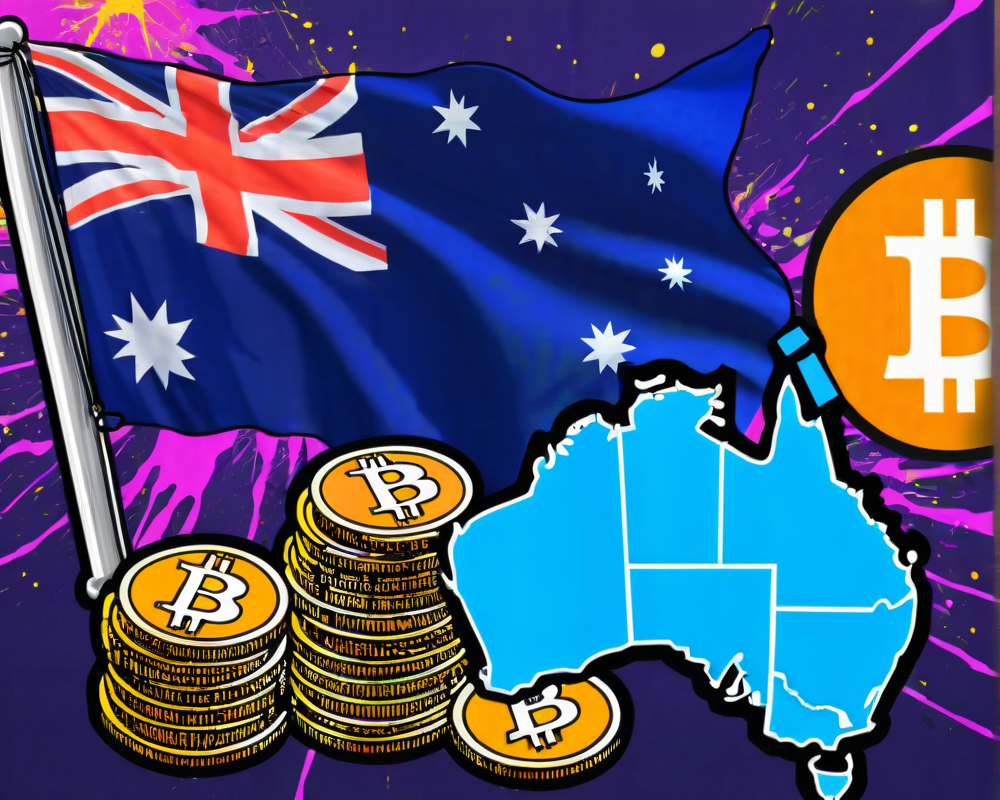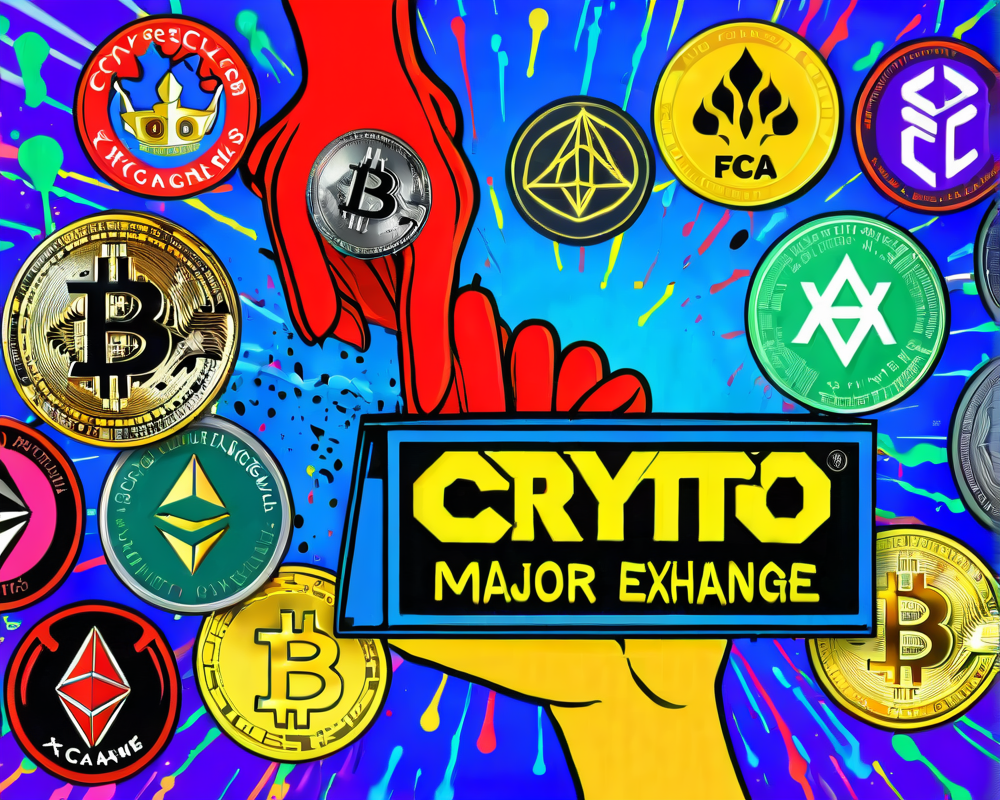The New Regulations: A Game Changer for Crypto
In a pivotal shift, the Central Bank of Ireland is stepping up its game by applying anti-money laundering (AML) and countering the financing of terrorism (CFT) guidelines to all crypto assets starting this April. Yes, you heard right: Bitcoin and its digital pals are finally getting a real taste of regulations—long overdue, some might say.
Who’s Affected?
From next month onward, every crypto asset service provider—think exchanges, wallets, and that quirky NFT marketplace you’ve been eyeing—will need to comply with these rules. Basically, if you’re dealing with crypto in Ireland, you’re now under the watchful eye of the law. Yes, those cute little anonymous transactions may be a thing of the past.
What You Need to Know About Compliance
Providers will have to perform due diligence checks, basically a financial background check on their customers, scrutinizing the origin and destination of funds like an investigative journalist who can’t find the tea. Make sure your crypto dealings are squeaky clean, or you could find your digital assets in hot water.
The Silver Lining: Economic Opportunities
Josh Hogan from the FinTech & Payments Association is all sunshine and rainbows about this new regime. He believes that having a strong regulatory framework will help Ireland not just keep up, but excel in the EU’s crypto landscape. Hogan argues this move could lead to more jobs, increased business revenue, and consequently, more taxes—because let’s face it, we all want better public service, right?
Why the EU is Watching Closely
The European Union hasn’t been shy about expressing concerns regarding crypto’s rapid growth. They warn that without proper regulations, things like stablecoins could disrupt monetary sovereignty like a party crasher at a wedding. And with the European Securities and Markets Authority recently sounding alarm bells, it’s clear they’re keen on getting a grip before the crypto industry spirals out of control.
Wrapping It Up
So, there you have it! Ireland’s leap towards regulating a previously wild west financial asset is a huge deal, not just domestically but across the EU landscape. Only time will tell whether this will beckon a new era of responsible crypto trading—or if the crypto cowboys will find a way to squeeze past these new lawmen.




